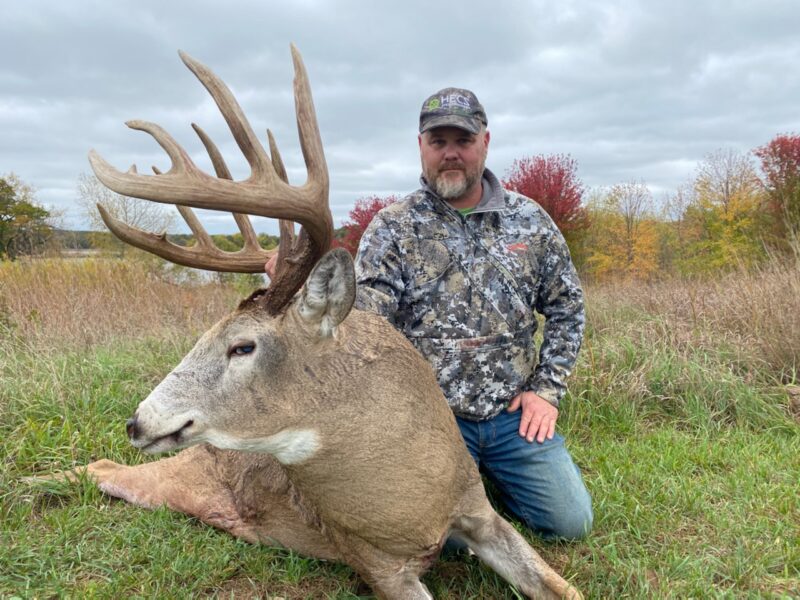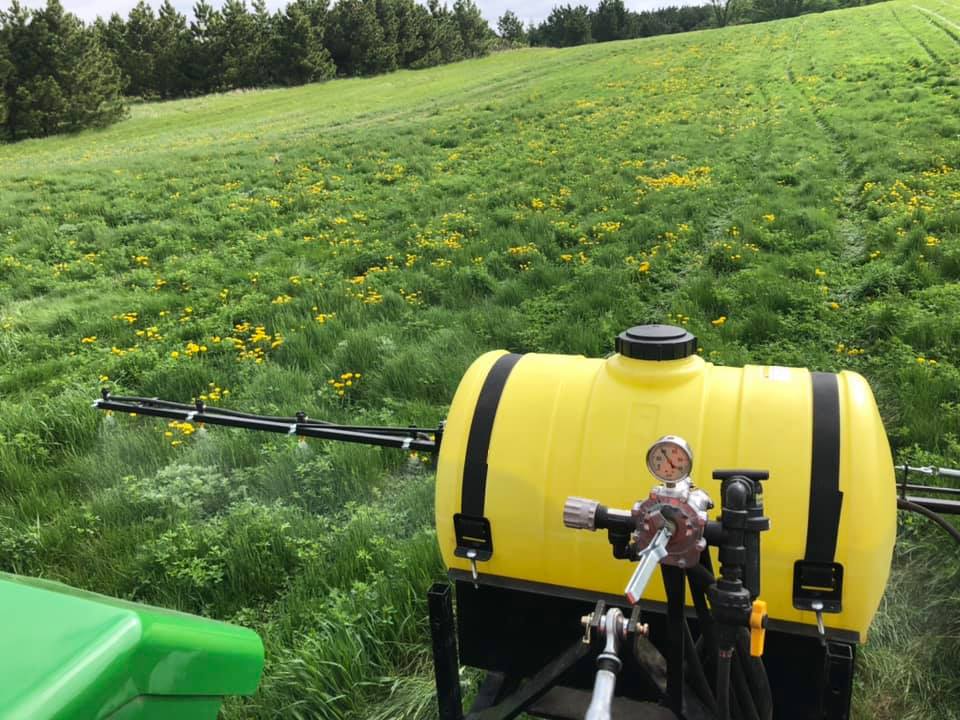
Attract More Wildlife to Your Minnesota Property with a Brassica Seed Blend
Do you want to attract more wildlife to your Minnesota property? Look no further than a brassica seed blend! Brassicas, such as turnips, radishes, and kale, are a highly nutritious and attractive food source for deer, elk, and other wildlife. In this blog, we’ll discuss the benefits of planting a brassica seed blend in Minnesota, how to plant it, and how to care for your food plots to ensure a successful harvest.
Minnesota brassica seed blend
Get yours at Marties Farm Service
Benefits of Planting a Brassica Seed Blend in Minnesota: Planting a brassica seed blend in Minnesota can provide several benefits for wildlife. First, brassicas are a cold-season crop, which means that they can provide a food source for wildlife during the winter months when other food sources are scarce. Second, brassicas are highly palatable, meaning that wildlife love to eat them. Third, brassicas can help improve the health of the local wildlife population by providing a nutritious food source. By planting a brassica seed blend in Minnesota, you can attract more wildlife to your property and improve the health of the local ecosystem.
How to Plant a Brassica Seed Blend in Minnesota: Planting a brassica seed blend in Minnesota is relatively simple. Here are the steps to follow:
- Choose a location: Look for an area of your property that receives plenty of sunlight and has well-draining soil.
- Prepare the soil: Remove any weeds or grass from the area and till the soil to a depth of at least 4 inches.
- Fertilize: Apply a balanced fertilizer to the soil to provide the brassicas with the nutrients they need to grow.
- Plant the seeds: Spread the brassica seed blend evenly over the area, following the recommended seeding rate on the package.
- Cover the seeds: Use a rake to lightly cover the seeds with soil.
-

Spraying before planting a Minnesota brassica seed blend Water: Water the area well to help the seeds germinate.
Caring for Your Brassica Seed Blend in Minnesota: Once your brassica seed blend has been planted, there are a few things you can do to ensure a successful harvest. Here are some tips:
- Keep the area weed-free: Weeds can compete with the brassicas for nutrients and water, so it’s important to keep the area weed-free.
- Fertilize: Apply additional fertilizer to the area as needed to provide the brassicas with the nutrients they need to grow.
- Monitor for pests: Keep an eye out for pests, such as deer, rabbits, and insects, that may be feeding on your brassicas.
- Harvest: Wait until the brassicas have fully matured before harvesting. This will ensure that they are at their most nutritious and palatable.
Conclusion: By planting a brassica seed blend in Minnesota, you can attract more wildlife to your property, provide them with a nutritious food plot, and improve the health of the local ecosystem. Follow the steps outlined in this blog to plant and care for your brassica seed blend, and enjoy the benefits of a successful harvest!

